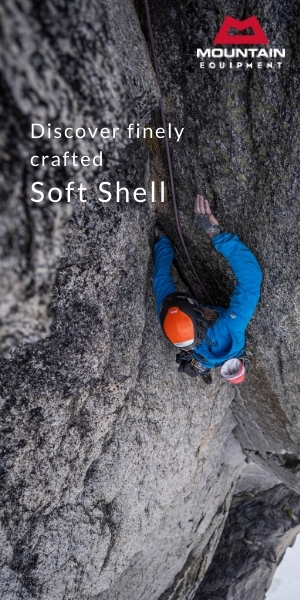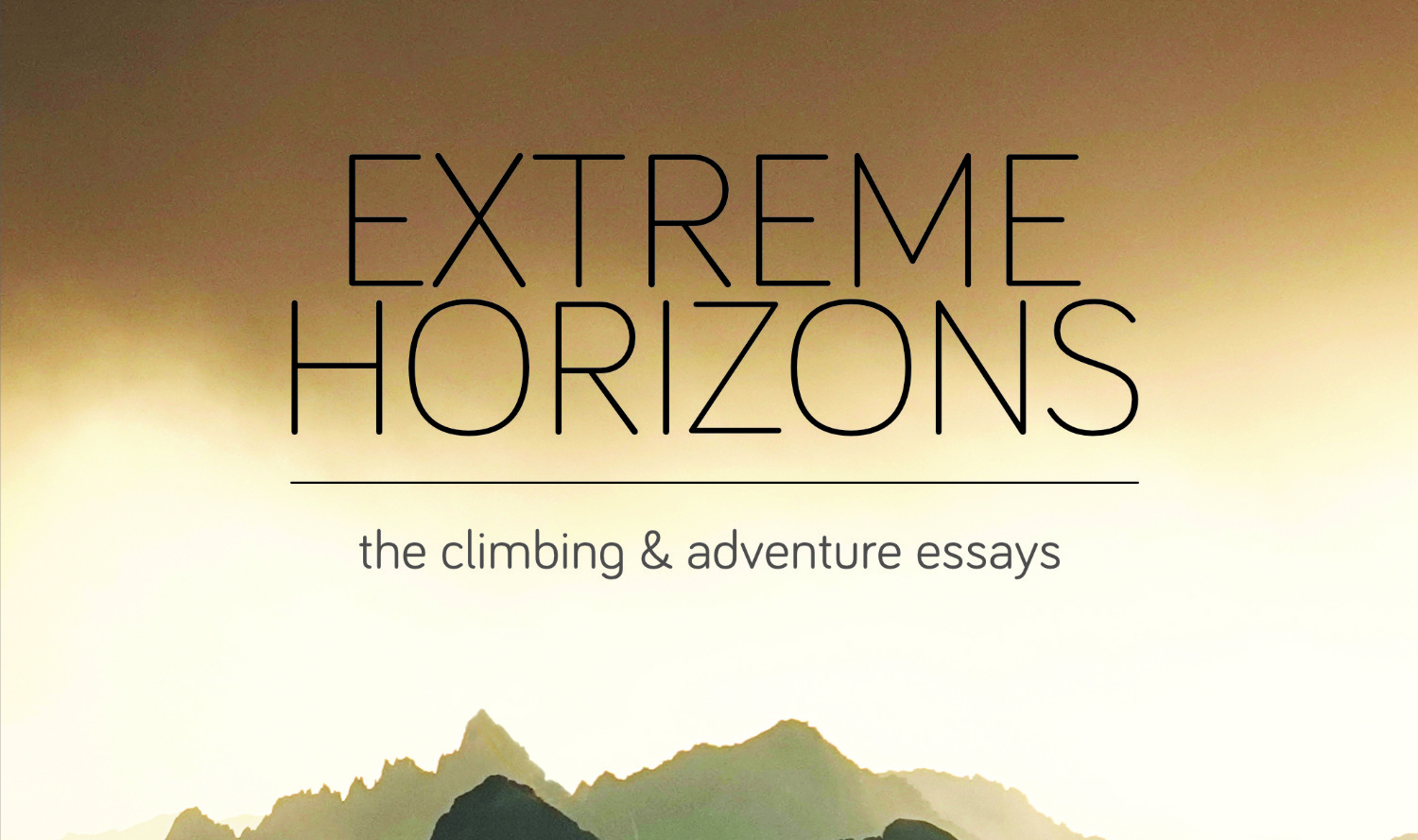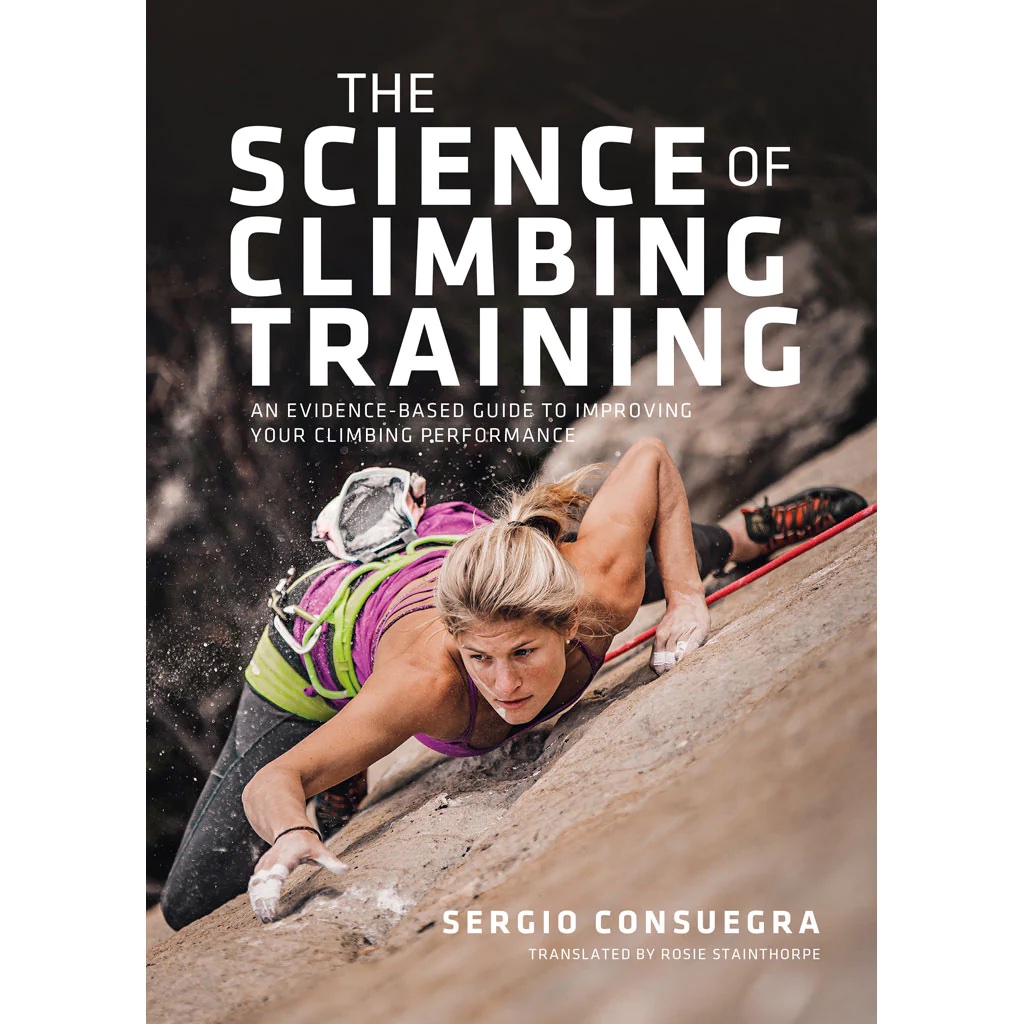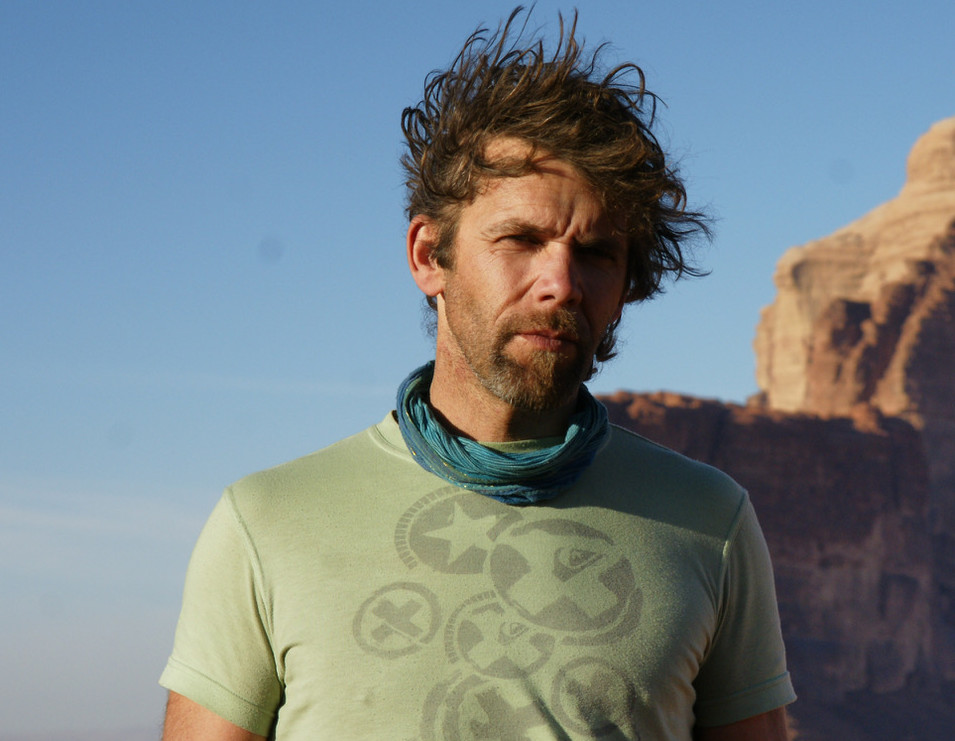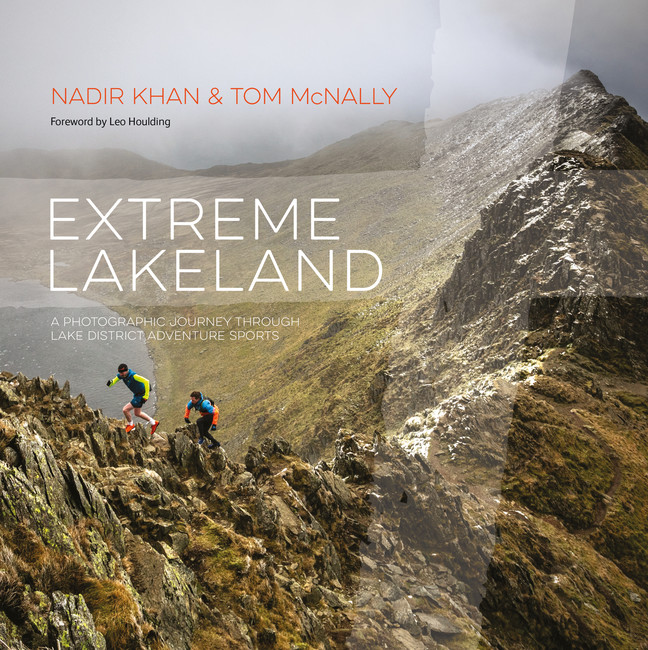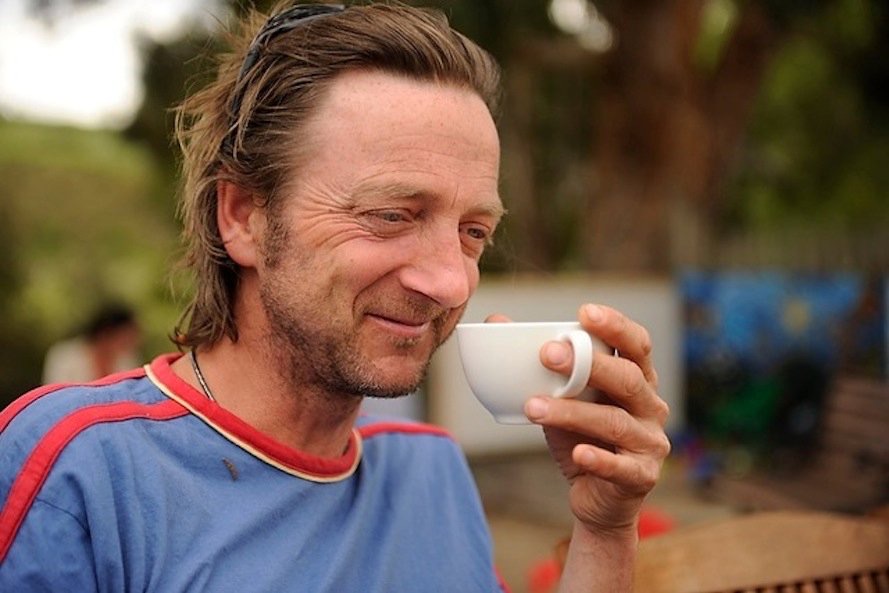Ben Silvestre was raised in North Yorkshire and first discovered climbing when visiting friends who were studying at Sheffield University. He has applied his skills to winter climbing in Scotland, the Alps, completed a Patagonia season culminating in a three-day ascent of Cerro Fitzroy, made the first ascent of the east face of Jezebel in the Alaskan Revelation mountains, and was part of the first British ascent of the notorious Alaskan testpiece, the Infinite Spur on Mount Foraker along with multiple climbs in the UK. Read on for Ben's comments on demons, motivation, Patagonia and social media.
You obviously experience a lot of joy in climbing, but you also have spoken about ‘demons’ and darker undertones. What sort of journey has your climbing been through, from younger (bolder?) years, to now?
I started climbing in Sheffield when I was around 19 or 20. I was pretty bold back then which made climbing on the grit easy, and since the crowd I fell in with were climbing E5 at the weekends, I quickly pushed myself to reach that level. There was definitely a phase when my ambition was writing cheques which I couldn't quite cash, and I was lucky to avoid any serious incidents. But my skill caught up whilst my boldness decreased, and I'm now a much more considered climber. That said, the ability to be bold still serves me well.
You're right that climbing has been a way for me to confront my demons, but it didn't start that way. I started off by trying to match what my mates were doing, climbing the same routes and going to the same places. This was partly because I wasn't very happy, and I wanted to be accepted. I didn't realise at the time quite how accepted I already was, but perhaps it isn't so strange for a young man to do what I did. Along the way though some fairly out there experiences caused me to look inwards, and I started to realise that by putting myself in those places, where the normal rules no longer applied, I could step outside of my narratives and take a long hard look in the mirror. I've always been quite adventurous, so it was natural that I got into alpine climbing, and more than anything else the big mountains allowed me to learn about my motivations, and to gain some perspective on the things that were really valuable to me. The mountains also showed me that my ambition was really quite meaningless, like a void which couldn't be filled. The summits are nice and all, but what I actually take home from those trips is the relationships. The friendships I've gained through climbing are by far the best thing that it has given me, they unquestionably improve my life, and hopefully the reverse is true for those I have climbed with.
Recently I feel like I've turned a bit of a corner where the lessons of several expeditions have solidified into something fairly concrete, and I'm not so sure I need to take such big risks in order to get what I once did out of climbing. Nowadays I'm much more interested to see what I can do on British sea cliffs, especially the more far out stuff which I've not managed to put enough time into. Our sea cliffs have always been my favourite sort of climbing - deep adventure with lots of oxygen, and best of all you do the descending first. I really hate abseiling through the night.
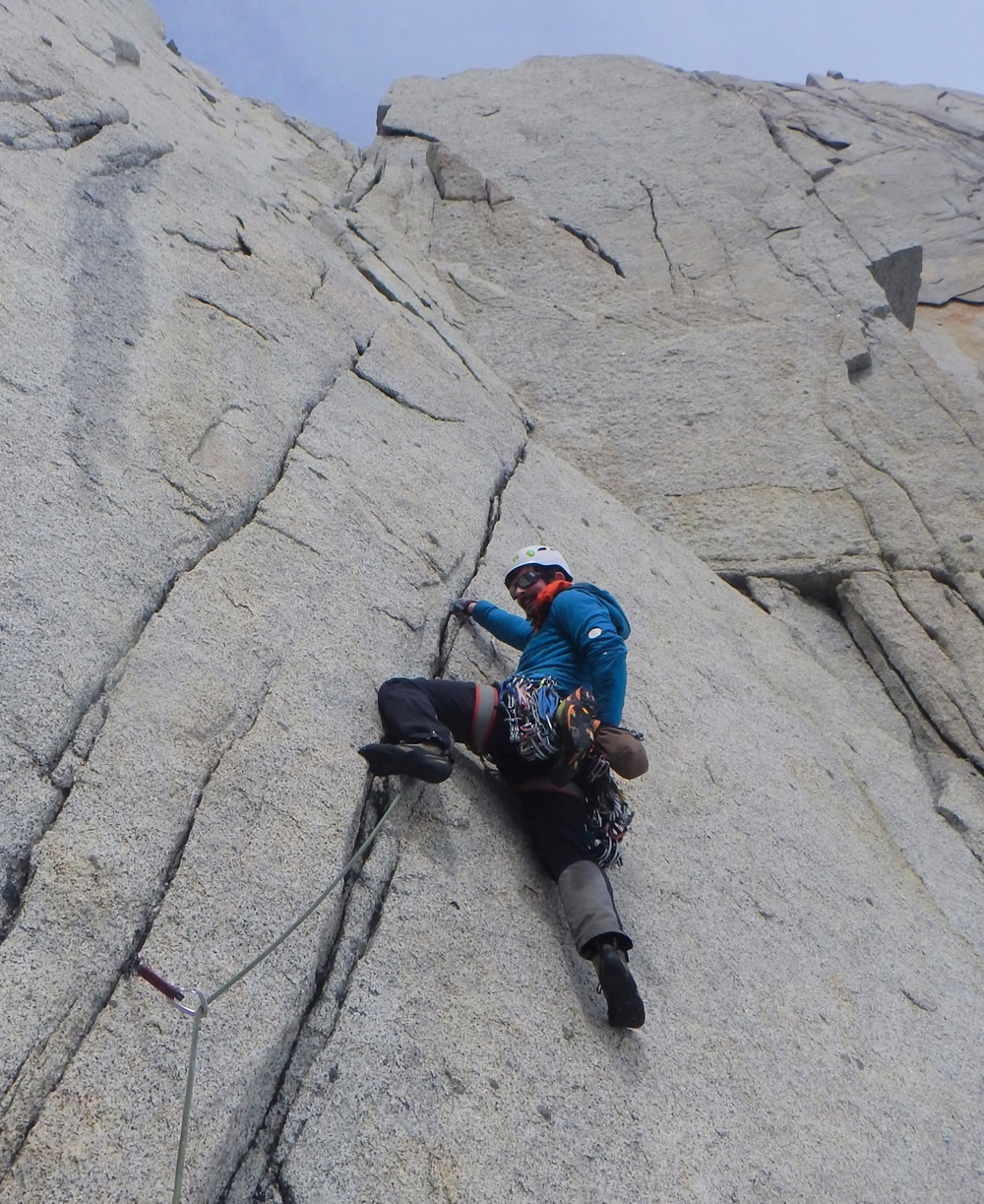
Ben on unclimbed terrain on Tito Carrasco, Patagonia
What are your memories of your two trips to Patagonia? (Have you read ‘Enduring Patagonia’ from Greg Crouch btw?)
Yes I've read Enduring Patagonia, it's one of my favourite climbing books, in the same league as Paul Pritchard's Deep Play. I read it on my first trip there, and it had a strong effect on me. I especially liked the idea that success in the mountains involved retreating when it was time to, and keeping it together despite horrendous conditions on the way down. Much more inspiring than these stories you hear of people pushing on to almost certain death, even if they do make it in the end. Perhaps if more people read that book then the growing trend of deaths in Patagonia would lose some momentum.
Patagonia itself has been very formative for me. The first trip was a total sufferfest, and it really pushed me to the edge of my abilities. I was totally reliant on Pete's mentorship, and the fact that we got up anything at all was down to his ability, knowledge, and flawless mountain sense. Climbing Fitzroy at the end of the trip was a pivotal experience, and really cemented what was to become a very successful partnership. When we returned this year I wasn't really sure what to expect. I was young and inexperienced on the first trip, and I've changed so much that it's hard to recognise who I was back then. Climbing Fitzroy a second time was a totally different experience. We were both solid and the experience was generally much more enjoyable - we even got to one of the bivvies early. We then tried to climb Cerro Torre with our friend Tad, but my heart wasn't really in it (nor was the weather), and despite an unforgettable experience, I began to realise that alpine climbing was sort of wearing a little thin for me. But I'm glad I got to go out there onto the icecap - the Cirque of the Altars is a truly astonishing place - mythology incarnate, as far as that is possible. Whether I'll ever try again remains to be seen. It might well be that Patagonia was the beginning and the end my alpine climbing career.
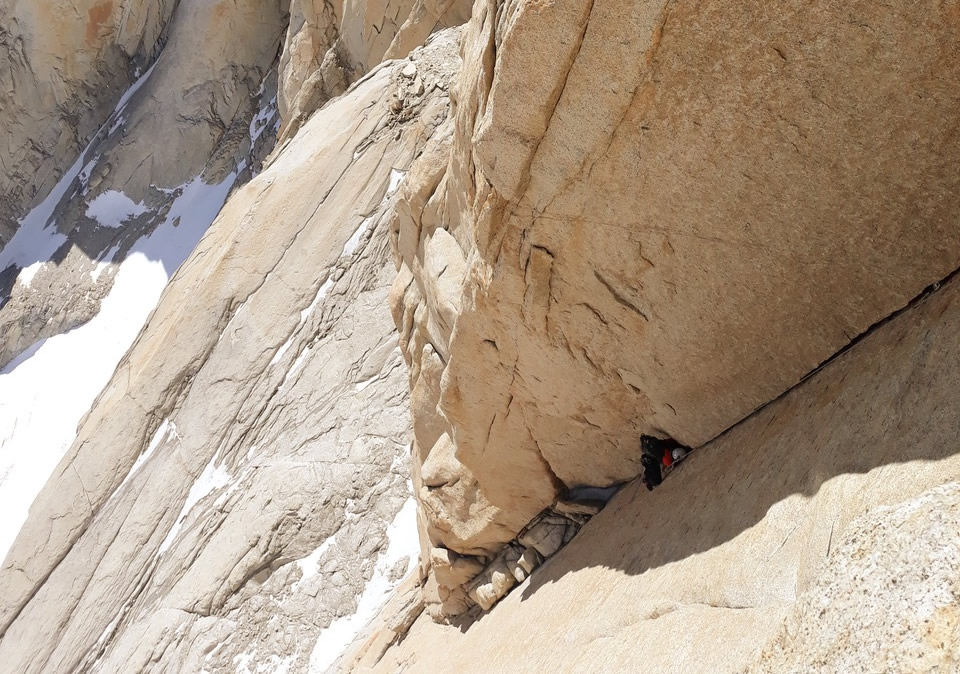
Pete seconding a perfect crack on the North Face of Fitzroy - Ben Silvestre
How was the process of climbing ‘The Dispossessed’ in Ogwen?
Climbing 'The Dispossessed' was a great experience, although I feel a bit funny about the whole thing due to the nature of my first ascent. Calum Muskett showed me the route, and we cleaned it and worked it out together. We both got pretty close to leading it and then Calum had to go to the Alps for the summer to work. Had that been the end of the story I would have waited, but we knew that Alex Mason had also been on it, so Calum gave me his blessing to return. I tried it with Alex a couple of times, and on the day we both did it I'd headed up early to check it was dry, since Alex was working in the day. Tessa wound up coming with me last minute and I just got motivated and had to seize the moment when it was right. Since doing it I've felt a bit weird about the whole thing - people have referred to it as 'my' route, but I find that idea strange. I don't really feel like I own anything other than the experiences I had, and the most memorable experience wasn't the actual ascent, rather the excitement Calum and I shared when we first saw it, cleaned it, and learned to climb it. So I'm conflicted. Actually doing the route felt like little more than a necessary conclusion to the process, ticking a box or something like that. Realising that it was possible at all was far more rewarding.
Regarding the name, I called it that in reference to several things. My grandfather's sister Ogwen, who helped us to buy our house in Bethesda, is losing her mind to Alzheimer's disease. It seemed worthwhile to honour her with a name, but I couldn't find something which worked. I'd also been thinking about the quarry men who lost their lives in the Bethesda strikes, and those who would face the possibility of losing their homes in the event of a no deal Brexit. But on reflection, the name is perhaps most appropriate because it acknowledges Calum and Alex, who shared in the creation of the route, and therefore 'own' as great a stake in it as I do. The route would be meaningless to me without the time we shared on it.
What motivates your climbing, in general? Does it vary depending on a big expedition, or sport climbing, for example?
I guess I have many different motivations in climbing, and it would be hard to name them all. Learning about myself has always been a massive force, and the urge to learn has allowed me to justify some fairly big risks. But risk taking is only one part of climbing. There's the landscapes, the purity of the experience, the people. To be honest, I just really like the feeling of being pumped and exposed, of being on the edge of falling but fighting and fighting for another foot of progress. When you're a few metres out from your last wire and you really have to scream to stay on the rock - there's a feeling which is hard to beat. I recently climbed Conan the Librarian with you (Tom Livingston), a dream route for sure. As I entered the crux sequence the swell from the ferry started crashing into the zawn, and it was like someone had grabbed the volume dial and cranked it to maximum. Had something like that happened on the street I'd have wet myself, but for a few seconds it wasn't clear where I ended and the rest of the world began, a feeling which always lets you do amazing things. But those moments come all too rarely. I've got into sport climbing recently because it's good for teaching you to try hard, but in the end it's all just practice for the trad. I could never only be a sport climber, it's far too one dimensional. But some people love it and that's fair enough.
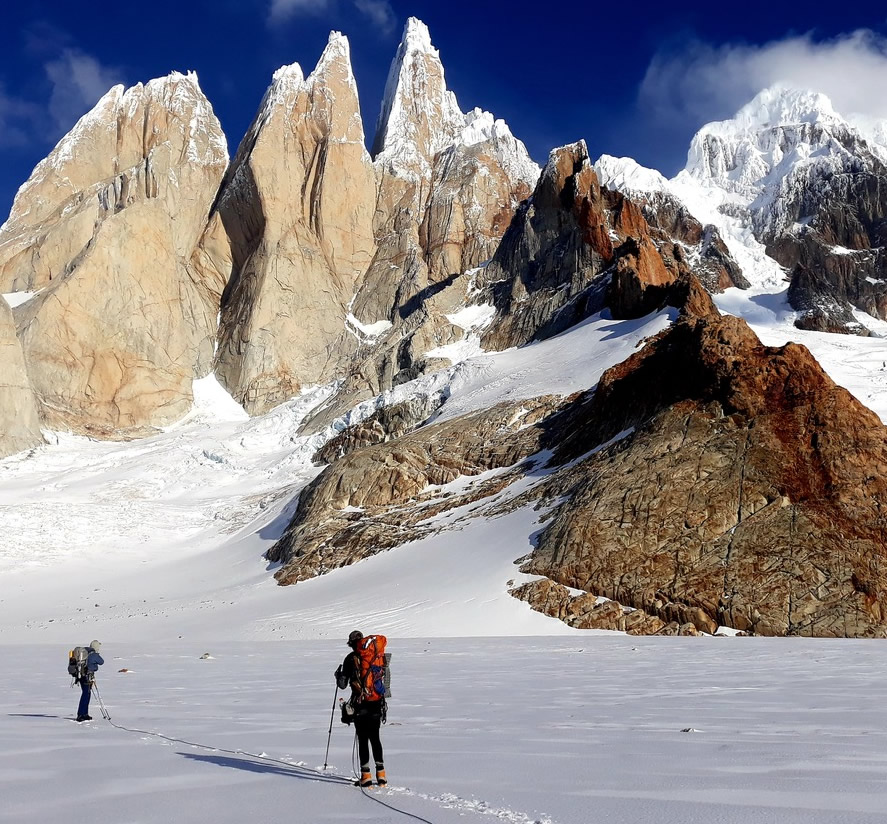 Pete and Tad approaching the West Face of Cerro Torre - Ben Silvestre
Pete and Tad approaching the West Face of Cerro Torre - Ben SilvestreYou don’t have (m/any?) social media, which is refreshing. Is this partly in an effort to keep your climbing experiences ‘pure’?
I'm not on social media for a few reasons, but the main one is that I'm quite anxious. I already felt pretty suspicious of Facebook, given the mounting evidence that it is deeply harming our society on a political level, and then I heard a few people say that they felt a lot less anxious after getting rid. So I sacked it off and I've never looked back. It's a bit like living without any mirrors - the less you see your reflection, the less you care how pretty you are. Obviously, we need a bit of social reflection, but Facebook is a bit more mirror maze than bathroom sink. I feel much less anxious now, far more intrinsically motivated, and I waste a lot less time. In terms of keeping my climbing experiences pure, I'd say that not being on social media helps, but that's not a primary reason for leaving. Nonetheless, it is much easier to keep track of my motivation for doing things when I haven't got the white noise of putting photos on Facebook interfering with things. People just don't seem to be able to do things without photographing them these days. At which point do we stop experiencing the world directly and just start seeing it through a lens? Climbing has always been about getting closer to the world, not further away from it.
How was it being alone in the Revelations Range with Pete for nearly a month?
Being in the Revs with Pete for a month was easy. We get on well, we have the same taste in music, same sense of humour. Neither of us really chomp at the bit too hard, so when the weather was terrible (and it often was) we were pretty happy eating dirty burgers and playing chess. I wish I could say it was tough or challenging, but when it's minus twenty outside there's no one I'd rather spoon (sorry Tess, I need a bigger spoon than thou in those temps). It was an important experience though, spending that much time with only one other for company, a hundred miles or so from another soul. Either you're going to come out of that brilliant friends, or hating each other's guts. Thankfully Pete is pretty hard to hate, even if we do bicker at times. But each trip has strengthened our friendship in ways which I have failed to replicate outside of the mountains, and the Revelations was no different. I guess this emphasis on friendship was my revelation. The route we climbed was pretty cool, but we could have failed and we'd still have won. Reaching summits, succeeding on head points, all that stuff is the same really. It justifies a process which would otherwise be totally arbitrary. But summit or not the friendship is strengthened, and I find it deeply saddening when climbers forget that, and put mountains before people.
Ben can't be found online... except for his blog which is worth a visit for some well written articles.
Ben is sponsored by Mountain Equipment



